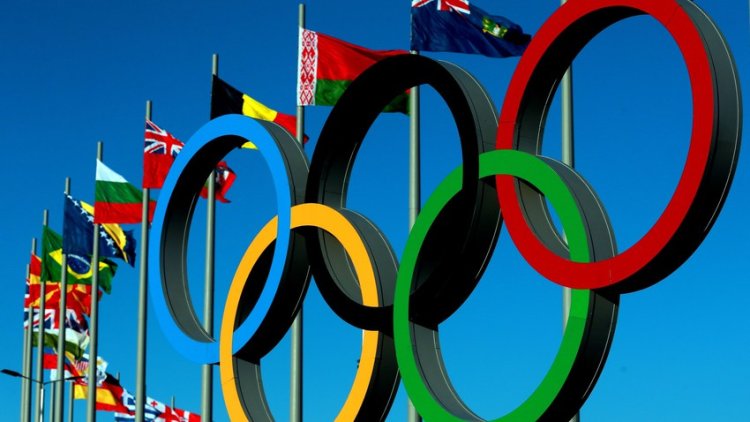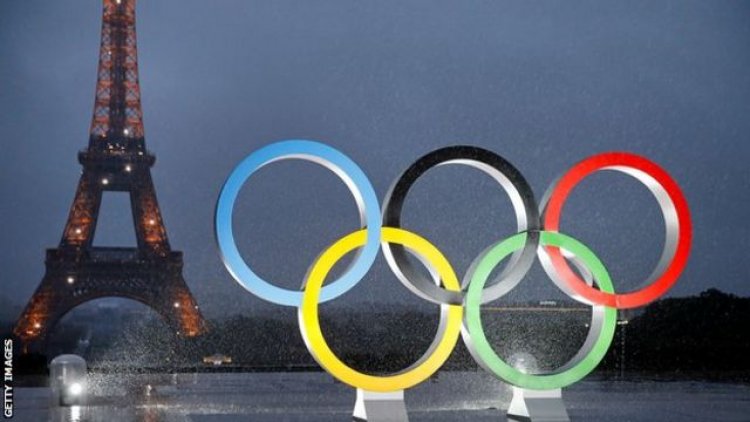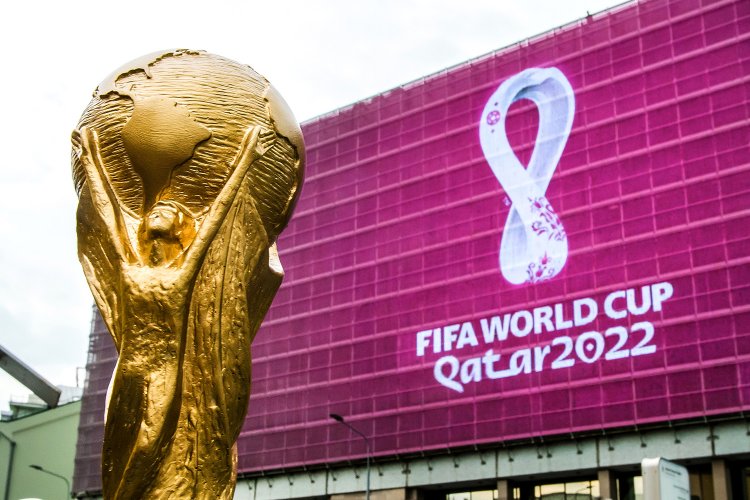Qatar ready to bid for 2036 Olympic Games
While World Cups are usually spread over entire countries — sometimes even two — the majority of Olympic venues are contained within the borders of a single city,

Qatar is ready to follow the World Cup with a big push to host the 2036 Olympic Games — and is looking into the idea of creating air-conditioned streets for the marathon.
The Times understands that the Arab state wants to once again “flex its financial muscle”, confident that this tournament has proved it can stage another huge sporting event.
While World Cups are usually spread over entire countries — sometimes even two — the majority of Olympic venues are contained within the borders of a single city, and the view held by expert observers is that this tournament has provided what Qatar refers to as proof of concept.
For the Qatar Olympic Committee, a successful tournament was of paramount importance when three previous attempts to host the Games — it launched its first bid in 2009 — have so far failed.
But midway through this World Cup, Qatar has a growing confidence that it can put together a strong technical bid, with expenditure thought to be considerably less than the $200 billion (about £160 billion) outlay on the World Cup, because some venues have already been built, the Metro system is in place and there will soon be sufficient hotels to accommodate all possible visitors.

With 32 sports at the next Olympics in Paris, the Games must cater for more than 10,000 athletes — and that is even before a potential host factors in media and spectators.
There are some obvious challenges, even if Qatar follows the example of Sydney in 2000, Seoul in 1988 and Tokyo in 1964 and delay the Games until the autumn. The 1964 Olympics did not end until late October.
The World Athletics Championships were staged here in late September and early October 2019, and while the track-and-field athletes were perfectly happy in the air conditioning of the Khalifa International Stadium, the World Athletics president Lord Coe watched with understandable concern as female marathon runners collapsed in temperatures of more than 30C, with humidity levels above 80 per cent on The Corniche along the waterfront.
Even after starting at midnight, almost half the field of 68 runners in the women’s race dropped out, with Ruth Chepngetich’s winning time of 2hr 32min the slowest in World Championship history.
With money no object, anything appears to be possible in Qatar and experts are not ruling out the creation of an air-conditioned marathon route, comprising a number of laps. The designers of the Katara Cultural Village shopping area in Doha have managed to create what feels like a light breeze with sprayed water.
Events such as mountain biking may prove more difficult in a country with a highest point of only 338ft — at Qurayn Abu al Bawl — but the intention would nevertheless be to launch an independent bid, again emboldened by the perceived success of this World Cup.
A joint bid with Saudi Arabia remains a possibility, and could be an option the Qataris are forced to consider if it becomes clear that the IOC will reject them yet again. Right now, however, they want to go it alone.
A decision on the host for the 2036 Games is likely to be made by the IOC in 2026, by which time the committee will almost certainly have a new president as Thomas Bach is due to stand down in 2025. Coe could be among the contenders to succeed him, along with Juan Antonio Samaranch Jr of Spain and Zimbabwe’s Kirsty Coventry.

However, the Emir of Qatar, Sheikh Tamim bin Hamad Al Thani, is already a key IOC powerbroker as one of only two heads of state on the committee — he has been a member since 2002 — and the Qataris hope there will soon be further evidence of their suitability.
They will be hosting the World Swimming Championships in 2024, in a smart new aquatics centre that could then be used for the Olympics. Opposition is likely to come from Mumbai and Istanbul, with the Indians considered a particular threat.
At a time when some countries are growing increasingly queasy about the costs associated with staging an Olympics, the Qataris have demonstrated a willingness to spend whatever it takes. They built seven new stadiums for the World Cup, yet only the Khalifa has a track, and with a capacity of little more than 40,000 it will require an expansion at the very least. The view here in Doha is that it will not be an issue.
As one Olympic bidding expert said this week, the Qataris will be “more determined than ever” to follow the World Cup with another global sporting event.




















